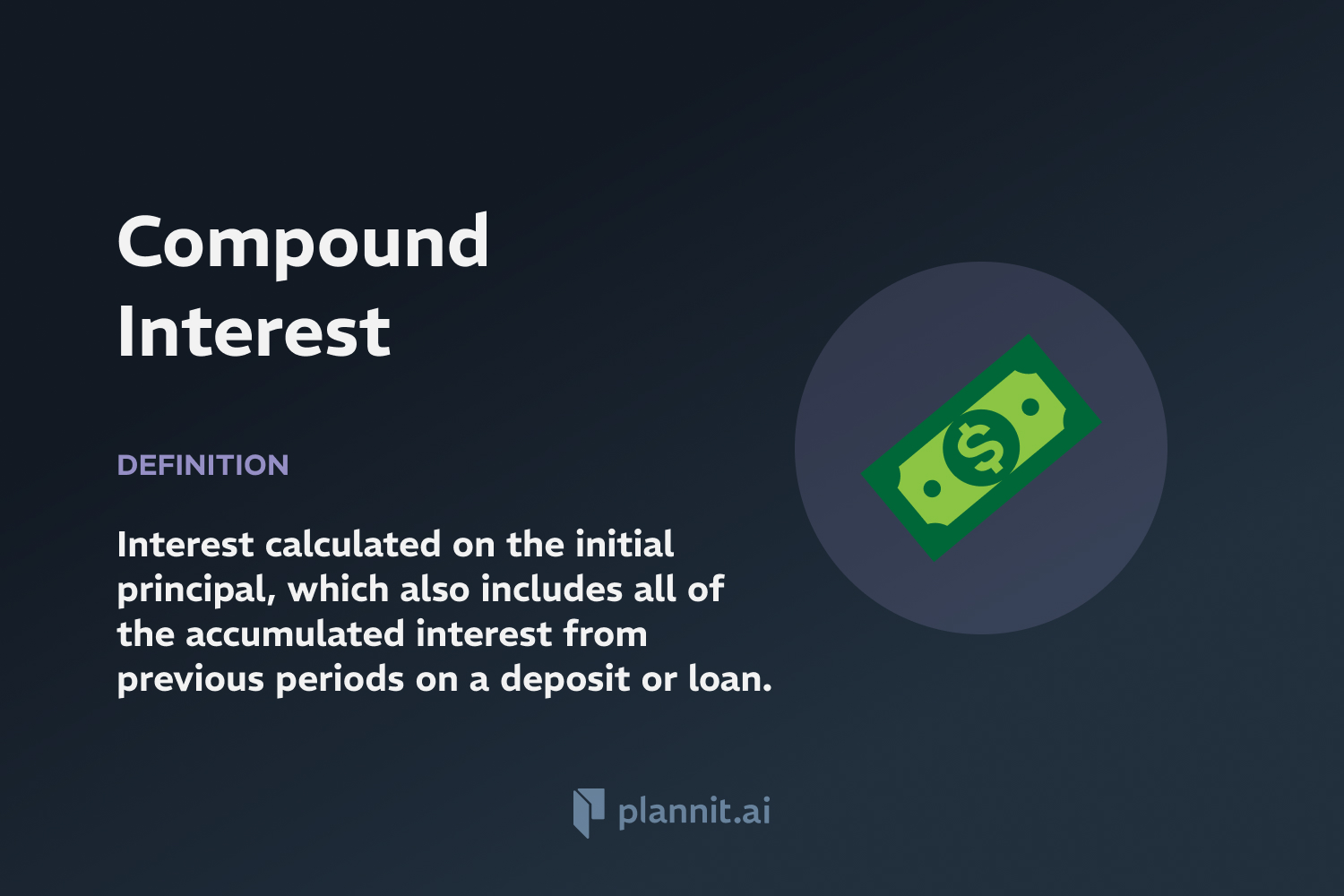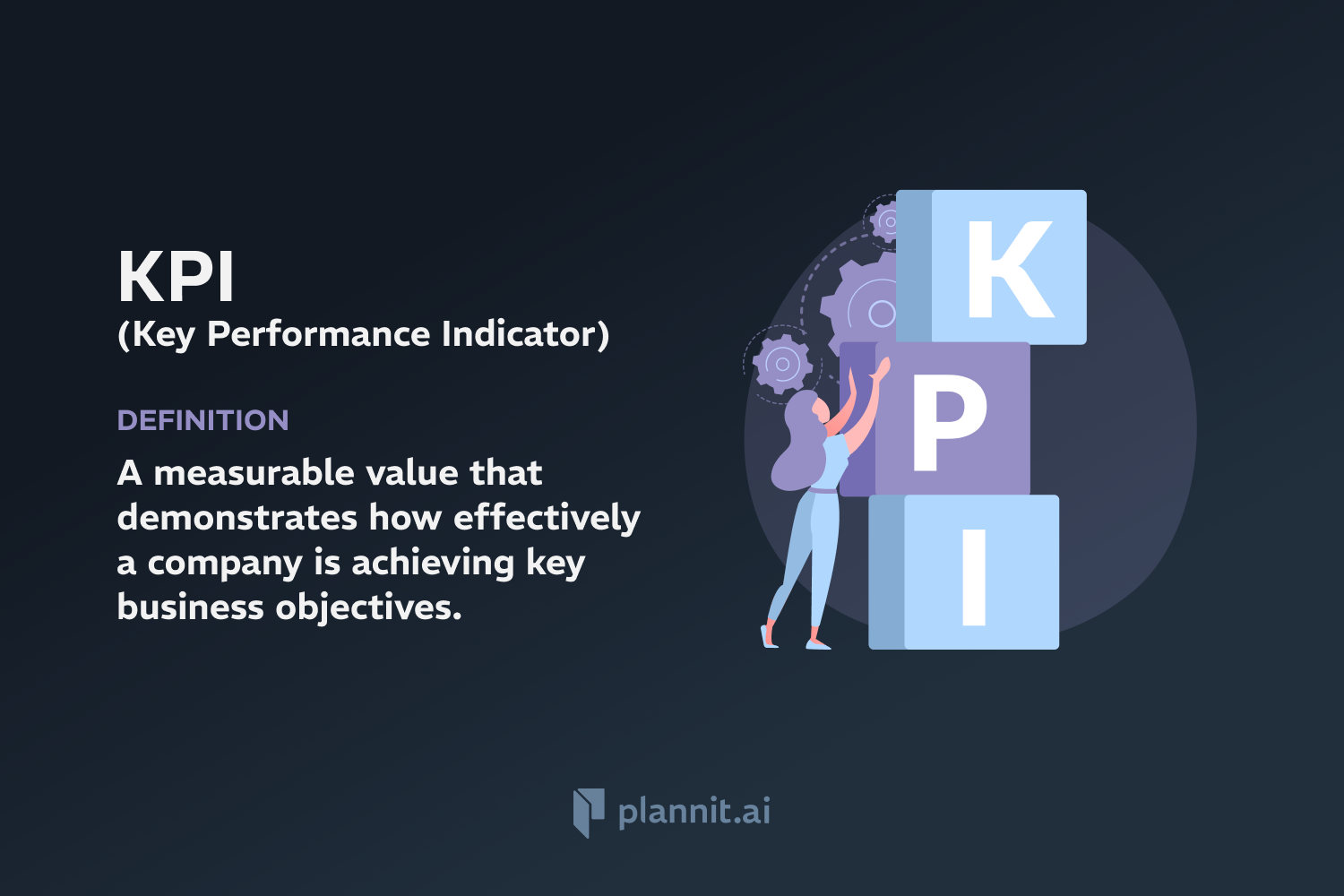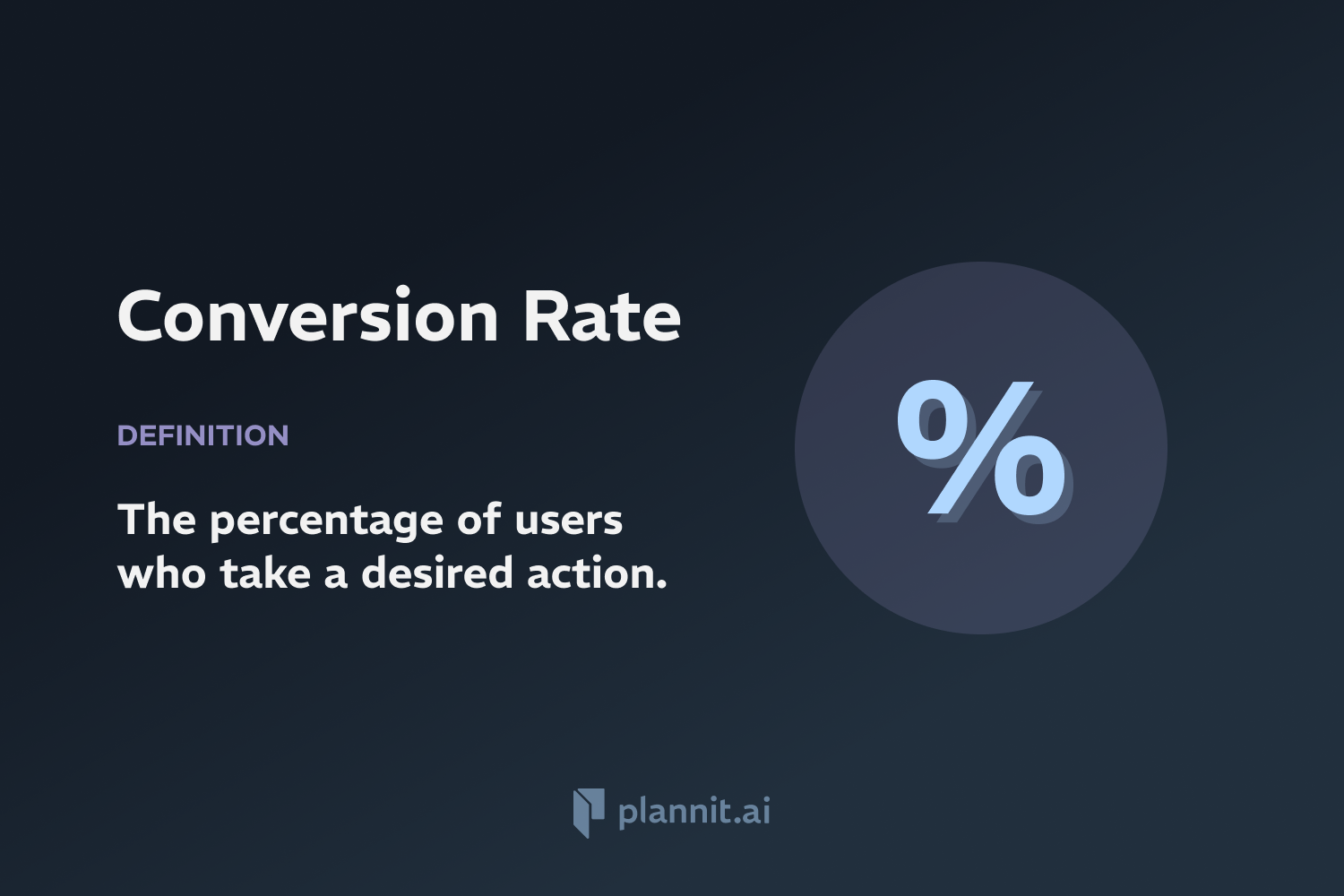Need Help With Your Business Plan?
Answer tailored questions and get a detailed business plan in minutes.
Compound Interest: Definition & In-Depth Explanation

Definition:
Compound Interest refers to the calculation of interest on both the initial principal and the interest that has been added to this principal from past periods. This type of interest grows at an increasing rate because it builds upon previously accumulated interest.
Context of Use:
Compound interest is a fundamental concept in finance, particularly in the areas of savings, investments, and loans. It is crucial for understanding the potential growth of investments over time and the long-term cost of borrowing.
Purpose:
The purpose of compound interest is to reflect the true cost of borrowing and the real return on investment, as it takes into account the cumulative effect of interest earned or paid over time. This compounding effect can significantly enhance the growth of savings or the cost of debt.
Example:
Savings Account: A bank offers a 4% interest rate compounded annually on a savings account. The interest earned each year is added to the principal, increasing the amount on which future interest payments are calculated.
Credit Card Debt: Interest on a credit card may be calculated on a monthly compound basis, meaning that each month's interest charge is added to the principal balance, increasing the total amount owed unless payments are made to reduce the principal.
Related Terms:
Principal: The original sum of money borrowed or invested, before interest.
Simple Interest: Interest calculated only on the principal amount, without compounding.
Annual Percentage Rate (APR): The annual rate charged for borrowing or earned through an investment, which does not account for compounding within the year.
FAQs:
1. How does compound interest differ from simple interest?
A: Compound interest calculates interest on both the initial principal and the accumulated interest from previous periods, whereas simple interest calculates interest only on the principal amount.
2. What factors determine how much compound interest will accumulate?
A: Key factors include the principal amount, interest rate, frequency of compounding, and the length of time the money is invested or borrowed.
3. Can compound interest work against you?
A: Yes, while compound interest can significantly increase savings, it can also escalate debt levels quickly if not managed properly, particularly with high-interest loans and credit cards.
4. What is meant by the term 'compounding frequency'?
A: Compounding frequency is how often interest is added to the principal balance of a loan or investment, such as annually, semi-annually, quarterly, or monthly.
5. How can understanding compound interest benefit personal financial planning?
A: Understanding compound interest helps individuals make informed decisions about saving, investing, and borrowing, optimizing financial outcomes over time.
Get funding with a business plan that will impress investors.
Starting a New Business?



